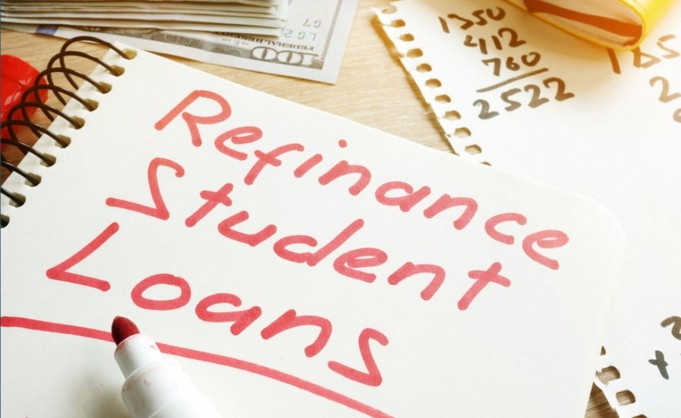Refinance Your Student Loans
Refinancing student loans helps students consolidate their existing and current private and federal student loans into a new and single student loan with a lower interest rate. The result of refinancing is reduced monthly payments, which helps a student free up extra money to save, invest, and pay more student loan debt. Refinancing student loans could help a student save more than $20,000 throughout the life of the loan. If you have credit from a health-related degree, then you can save more.
Your loan also depends on the degree type, and the higher the degree, the more you can save on loans. If you are an above-average student, you can also look for some extra perks provided by the loan issuer. Below is the list of tips that can help you build a roadmap to increase your chances of student loan refinance approval.
1. Credit Score
Your credit score is the primary key element by which you can get refinancing approval. It acts as a barometer that describes your financial responsibility. A credit score is determined on a lot of factors such as on-time payment history, previous debts, grades, etc. Most lenders have a policy that they only prioritize a student who has a history of on-time payments. If you wish to maximize your chances for approval of your refinance, aim for a credit score higher than 700.
2. Income
Some lenders ensure that you earn sufficient to repay their money. These are private student loan lenders. These people seek proof about stable income, methods of earnings, passive income options, and other liabilities to pay. They only give you money if you make them realize that you have a sufficient amount of cash flow to pay them back. But don’t worry if you don’t have adequate income to approve your refinancing, you can still get approval with the help of a qualified co-signer who maintains a strong credit profile.
3. Other Debt
If you have other obligations like a credit card, auto debt, or a mortgage to pay, your profile may become affected. Lenders ignore those profiles with more debts and fewer income options. So, it is better if you ask for refinancing after spending some of your debt.
4. Debt-To-Income Ratio
The debt to income ratio is the ratio of your total income earned monthly compared to the value of your monthly debts. Student loan lenders focus a lot on debt-to-income ratio before giving someone money. It is often noticed that the lower your debt-to-income ratio is, the better chances you have to get the approval. You can improve your ratio by decreasing or paying debts or increasing the cash flow or income.
5. Employment
Before applying for refinancing of student loans, it is better to have a job offer accompanying the refinance application. Lenders give money quickly if they find that you have a suitable and good-paying job to return the loan. A job offer acts as a surety letter that you will manage to repay the amount quickly.









